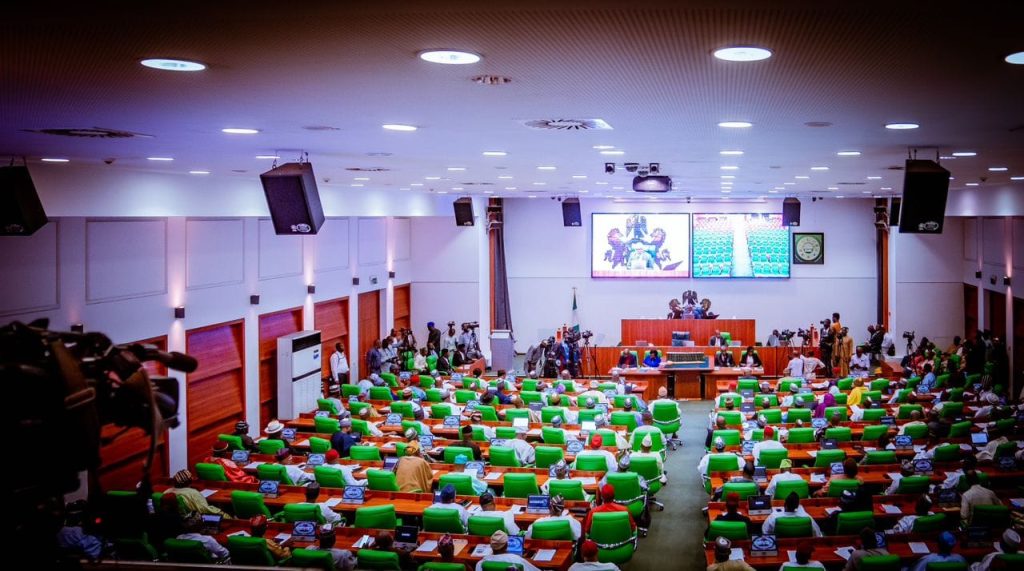The House of Representatives is taking steps to amend the Petroleum Industry Act (PIA) to introduce measures targeting non-producing oil wells. On September 26, 2024, the House passed the bill for its first reading, which aims to modify the PIA, originally enacted in 2021, by instituting licensing requirements that facilitate the revocation of licenses for non-performing oil fields. This legislative initiative, spearheaded by Ikenga Ugochinyere, the representative for Ideato North/Ideato South Federal Constituency in Imo State, is set to return for further discussions in the Green Chambers in the coming weeks, a move that reflects ongoing efforts to ensure accountability and efficiency within the Nigerian oil sector.
The proposed amendments specifically seek to adjust Section 81 of the PIA, with new sub-sections 2 and 3 detailing licensing criteria for petroleum mining leases. Under the revised sub-section 2, a mandatory condition for obtaining a petroleum mining lease would require the holder of a petroleum prospecting license to demonstrate a minimum crude oil refining capacity of 50,000 barrels per day. This stipulation aims to promote viable production levels and could potentially lead to increased investments or operational collaborations among smaller operators, as it encourages licensees with insufficient refining capacity to form consortiums—entities comprised of up to five licensees who can collectively obtain a license for their oil field.
In addition to setting minimum production capacity standards, the amendment lays out the conditions under which licenses can be revoked. Sub-section 3 clarifies that a licensee who fails to produce the required amount of crude oil continuously for two years will face license revocation by the Nigerian Upstream Petroleum Regulatory Commission (NUPRC). This provision extends to consortiums formed under sub-section 2, ensuring that collaboration among licensees does not shield them from accountability. The implications of this measure are significant, potentially eliminating dormant licenses and streamlining the management of oil resources in Nigeria.
To define what constitutes a non-producing oil field, the bill introduces further clarifications. Section 3(a) specifies that an oil field is considered non-producing if no crude oil production, reinjection for storage, or other approved operational activities occur for a two-year period. This clear definition aims to provide a standardized metric for regulators to assess operational effectiveness and to facilitate timely interventions in the oil sector. Furthermore, sub-section 3(b) mandates the NUPRC to develop regulations and guidelines to monitor oil well performance and establish criteria for evaluating non-performance, thereby formalizing processes related to license revocation.
The push for amendments to the PIA comes in response to ongoing concerns voiced by various stakeholders, including community organizations, independent producers, and oil trade groups. These entities have consistently advocated for reforms in the industry, emphasizing the need for more robust regulatory frameworks that can drive better performance and accountability among oil operators. The proposed changes in the licensing framework aim to address these concerns by ensuring that oil wells remain productive and contribute to Nigeria’s economy, rather than languishing in inactivity due to the lack of operational requirements.
Ultimately, the amendment bill reflects a broader commitment to enhancing the effectiveness of the petroleum industry in Nigeria. By enforcing stricter licensing requirements and reinforcing the consequences of non-performance, the House of Representatives aims to stimulate production, attract investment, and promote sustainable practices within the oil sector. The legislative efforts mark a critical step toward fostering a more vibrant and competitive environment for oil exploration and production in Nigeria, aligning with the aspirations of stakeholders and the need for responsible resource management in the country’s vital oil industry.














